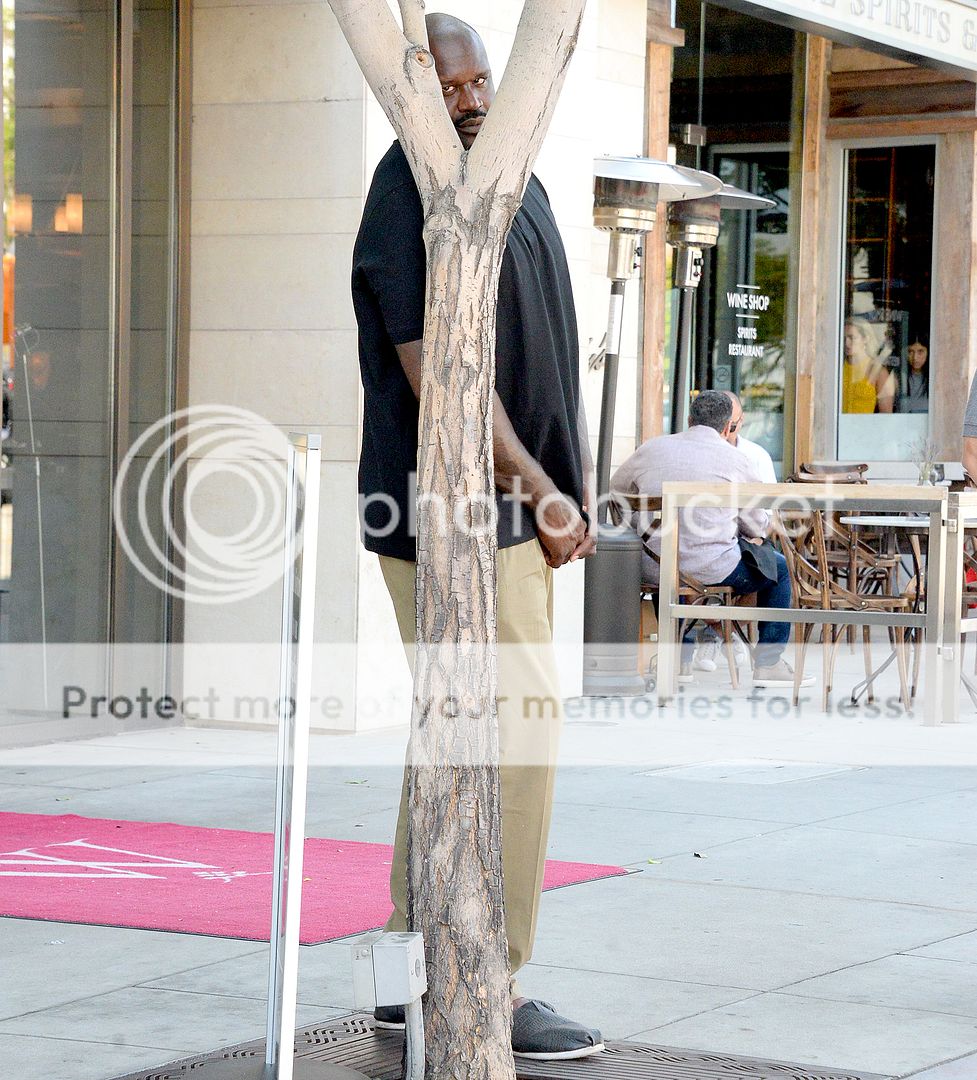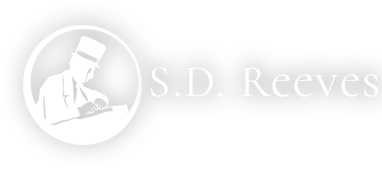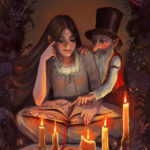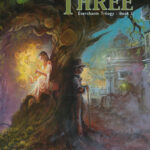Shh! Quick, come inside. Did anyone follow you? Good, good.
Now, don’t let anyone know I told you this, but we’re going to be talking about Query Letters today.

Few subjects give writers the chills like this one. You see, after the last page is inked. After the rough draft is done, and the beta readers, editors and such have had their pound of flesh, comes the time to sell your book. This marks the end of the creative process and beginning of a third that’s rather synonymous with marketing. We’ll leave the further aspects of that for another post. Query letters are our game today, and unless you are Self-Publishing, the first stop on Highway to Hell.

That said, they are a necessary evil to hone your skills for the other tasks that will come. But you won’t be alone, no, together we will stare this monster in the face, dissect its ugly parts, and maybe, just maybe, learn how to survive hitting that send button. So, let’s look at one, or more specifically, one of mine:
Dear *,
Sixteen-year-old Niena wants nothing more than to attend an elite bardic college, but when the dragon that shattered the empire awakens again she finds herself on the run, through the fey realm of Fairhome, to the city where she was born. On her trail are her army veteran grandfather, thrown into a commander’s role he doesn’t want, the lord of the fairies, trying to steer her to his own ends, and the husband she won’t meet for fifteen years. If she kills the dragon, she’ll save everyone she holds dear. But if she kills the dragon, she’s cursed instead to become it.
Curses of Scale is a 75,000-word fantasy novel in the vein of Scott Lynch or Joe Abercrombie.
I’ve had short fiction published by numerous zines including The Blotter, Chantwood, Yellow Chair Review, and The Writer’s Drawer, and in the past I’ve reviewed books for the Oxford University Press, including Micheal Newton’s Victorian Fairy Tales.
Thank you for taking the time to consider my work. I look forward to hearing from you.
Regards,
Stephen Reeves
Opening salvo
While there are many different views on what makes up a good letter, or even how to start one, the majority seem to agree: be concise. Keep it to around 250-350 words. Of those, none are more important than the opening few lines.
As alluded, agents often make up their mind on a book within the first few lines. So, your hook can be the difference between a form rejection, or a request to see your sample chapters. Now, let’s look at mine:
Sixteen-year-old Niena wants nothing more than to attend an elite bardic college, but when the dragon that shattered the empire awakens again she finds herself on the run, through the fey realm of Fairhome, to the city where she was born.
I start right off with the synopsis, letting the story sell itself. One caveat: I am not perfectly happy with what I did here, but it was successful, which is all that matters. With that in mind, there are some key things to note:
1. Avoid opening with a question (ex. What if you were being hunted by wombats but needed to get to the Starbucks for the final ingredient in your summoning ritual?).
2. Let them know the stakes. You have this one chance to nab their attention, so don’t hold back on important details.
3. Keep away from superlatives. Just like when writing your back blurb (more on that in a later post), don’t go off into tangents describing how they should feel about your novel, ex: this book is the thrilling conclusion to last year’s apple pie recipe.
4. Stay to one or two paragraphs, the shorter the better.
Still reading? Good, because you are really past the hard part now.
The Technical details
The synopsis is out of the way and your dream representative hasn’t offed themselves. Good job. So, let’s discuss your book. This part can be the shortest – outside saying hello – section. Just state the details: genre, and word count.
Curses of Scale is a 75,000-word fantasy novel in the vein of Scott Lynch or Joe Abercrombie.
If you want bonus points you can compare your novel’s style against another established author’s work. Remember, an agent doesn’t necessarily care if your book is brilliant, revolutionary, or on the bad end, derivative. Most just want to know if it is sell-able. That’s the cold truth. Sell-able, can still mean brilliant, but you just must get them to buy into the writing, and you.
The Author Bio
You aren’t going to be able to avoid this. Reason? As I mentioned, you aren’t only selling your book. You are selling yourself. Philosophical debates about prostitution aside, this part can be handled a lot of different ways. My suggestion is to play up whatever publishing history you have, any awards you may have won, or otherwise.
I’ve had short fiction published by numerous zines including The Blotter, Chantwood, Yellow Chair Review, and The Writer’s Drawer, and in the past I’ve reviewed books for the Oxford University Press, including Micheal Newton’s Victorian Fairy Tales.
If this is your debut piece – though I always suggest starting with short stories first – don’t panic. A catchy paragraph (gah, adjectives) about yourself will serve just fine, and really, that’s what most expect anyways.
Once you’d rambled on about your love of cats, or distaste of cats, wrap the letter up with a formal thank you.
Thank you for taking the time to consider my work. I look forward to hearing from you.
Now, some things to consider for the whole shebang:
1. Unless otherwise requested, never send your sample chapters or Long-Form Synopsis with the Query Letter.
2. Don’t beg. Just don’t. If you ask the agent to ‘give you a chance,’ they won’t.
3. This ties into #2; sound confident. If it is non-fiction you want the agent to come out of this thinking you are an expert in the subject matter. If you are a fiction writer you want to sound literate; an effective communicator (not like this blog post).
That about wraps things up. If there are any other thoughts you guys might have, feel free to add them in the comments. Hopefully, some of this has been useful.
Next time around we will be digging into the meat of marketing.



This is by far the most concise, sensible, and helpful information I have seen in the process of writing a query letter. Thank you so much for the sage advice.
Glad you found it helpful! It was the culmination of a lot of research, and trial and error.